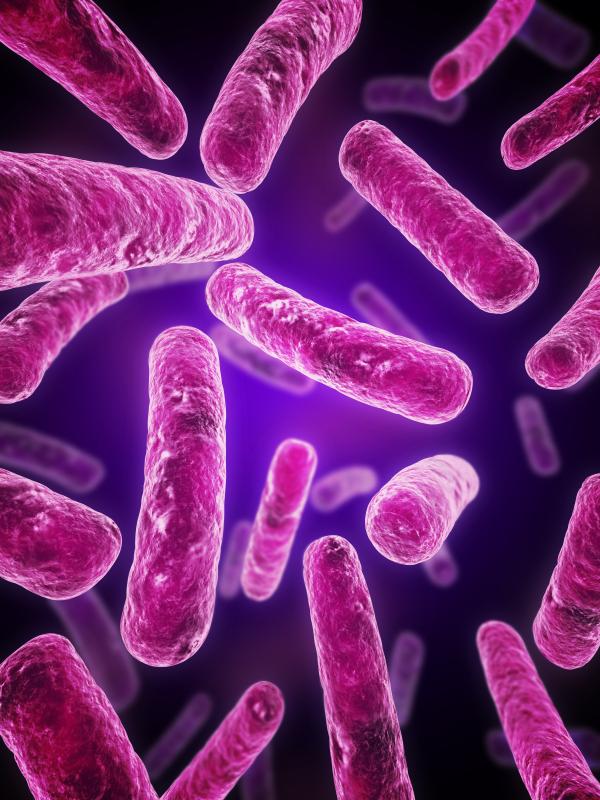
How happy we are, has been assumed to be the result of the finely tuned balance of all our neurochemicals, along with our perceptions of our environment i.e. mindset and actual experiences observed.
In other words it’s a brain thing.
So why is it that when we talk about our intuition we use the language around our “gut feeling”? Could it be that without realising it we have actually stumbled upon what also influences our levels of happiness experienced?
Our gut contains millions of bacteria. They are there for a reason to help to stabilise our internal environment and keep us healthy. Plus we have all probably experienced what happens when this balance is disturbed by a gastric infection or a course of antibiotics.
Now these bacteria have been shown to have an additional role: aligned to our level of happiness that we experience during the course of our life. It appears that normal adult brain function is dependent on the presence of gut bacteria in early life. Mouse studies have shown that in the absence of these gut microbes as infants, the levels of the neurotransmitter serotonin were significantly reduced with the effect lasting into adulthood.
Serotonin is the major chemical involved in the regulation of mood and depression. When we go through periods of severe chronic stress, anxiety and depression, the level of this chemical is compromised.
Moreover in these studies, those mice without gut bacteria and low serotonin levels, experienced an irreversible effect in that the impact on brain function could not be reversed by introducing the normal gut bacteria in later life. In addition the effect was gender dependent with a greater impact more noticeable in males. In other words how much serotonin the brain produces in adults is dependent on the presence of our gut bacteria in infancy.
One of the questions raised is what impact is the change in our environment having on the normal development of our gut bacteria and hence what impact could this be having on our possible future happiness? In a society where we are experiencing an increasing incidence of mental illness and depression, how our gut is functioning could be very relevant.
This area of research is still very much in it’s infancy but opens up the questions relating to the need to explore the connection between our gut, what we eat, the role of infection and our use of antibiotics in considering how this could affect future brain function and happiness.
Ref:
“The microbiome-gut-brain axis during early life regulates the hippocampal serotonergic system in a sex-dependent manner” by G Clarke, S Grenham, P Scully, P Fitzgerald, R D Moloney, F Shanahan, T G Dinan and J F Cryan in Molecular Psychiatry June 12, 2012; doi:10.1038/mp.2012.77

